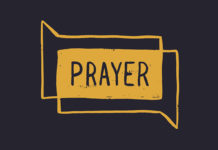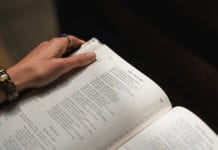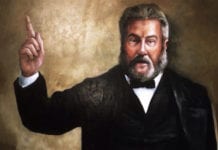“At the same time, lay education has been a powerful force for lay engagement in the church, economic progress and democracy,” Johnson said.
Reminder of Repentance
However, the Reformation wasn’t all about empowered laity and joyful chorales. There was a definite dark side to the revolution and to Luther himself.
For one thing, the Reformation marked a splintering of denominations that Christians still live with today. Luther did not set out to form a breakaway movement, but once Catholic hierarchy declared him a heretic, he opposed his former church home with fervor. He also was frequently at odds with other reformers.
Debates over doctrine soon exploded into bloody wars that would cause death and destruction off and on for the better part of a century.
As vitriolic as Luther was about Catholics, he was even more vicious in his late-in-life writings about his Jewish neighbors. His anti-Semitic rhetoric would echo in the brutality of Nazi Germany.
Strom, the Candler professor, said observing the Reformation’s anniversary should also be a time of repentance.
“It’s not just, ‘Yay, we’re Protestants,’” said Strom, who is Lutheran.
He suggested today’s Christians heed the first proposition in Luther’s 95 Theses: “When our Lord and Master Jesus Christ said, ‘Repent’ (Matthew 4:17), he willed the entire life of believers to be one of repentance.”
Lady Liberty
Luther took on the power structures of his day when he refused to recant even in the face of excommunication and possible execution. His challenge to church authority also ignited other uprisings he did not anticipate.
He denounced the peasants who, inspired by reforming zeal, rose up against the oppression of nobles and landlords.
Nevertheless, Luther could not stop the calls for freedom that stretch from the Peasants’ War to human-rights movements today. If people believe they should have a say in church, it’s not a huge leap to believe they should have a say in their governance.
This article originally appeared on the United Methodist News Service. Used with permission.











